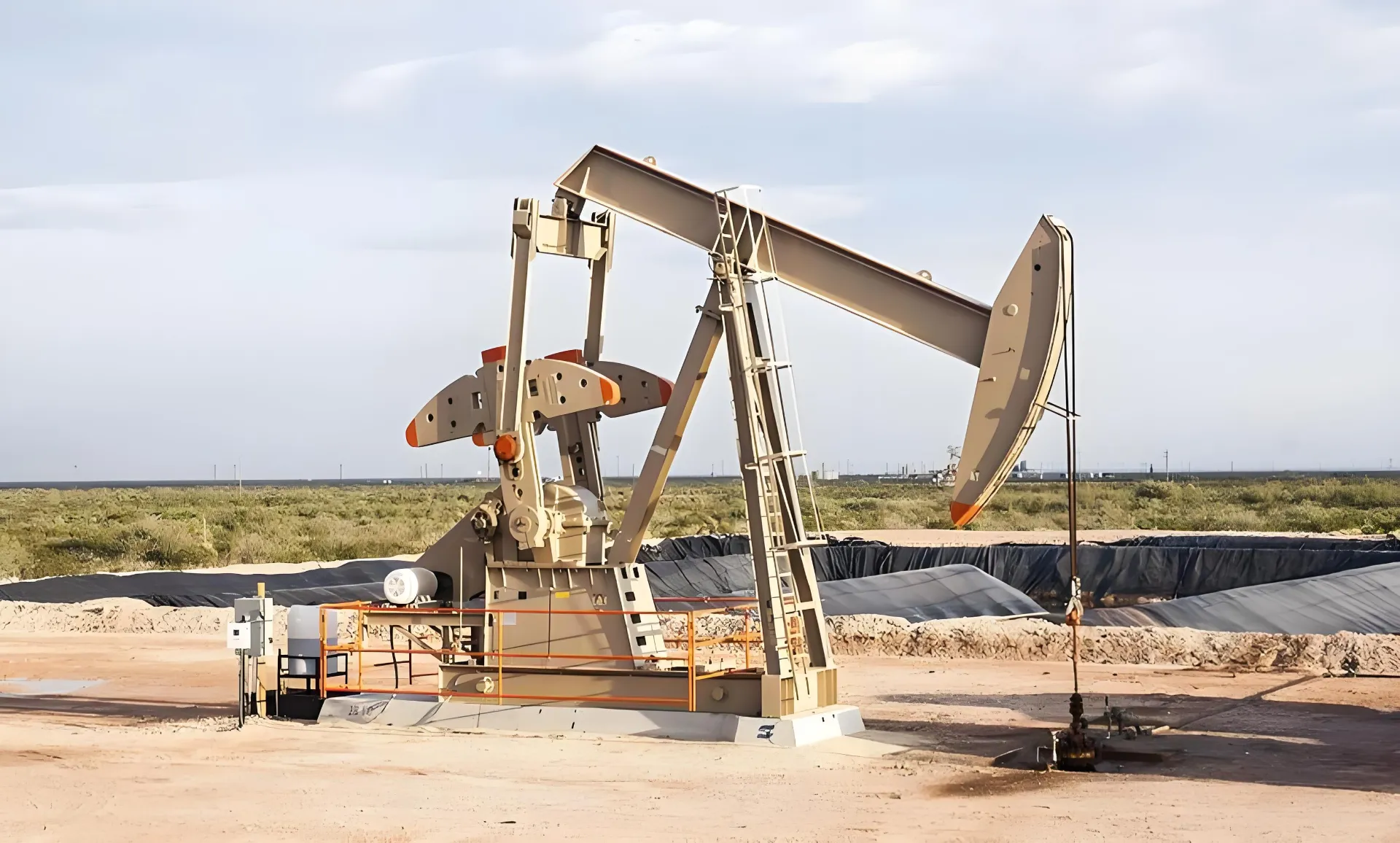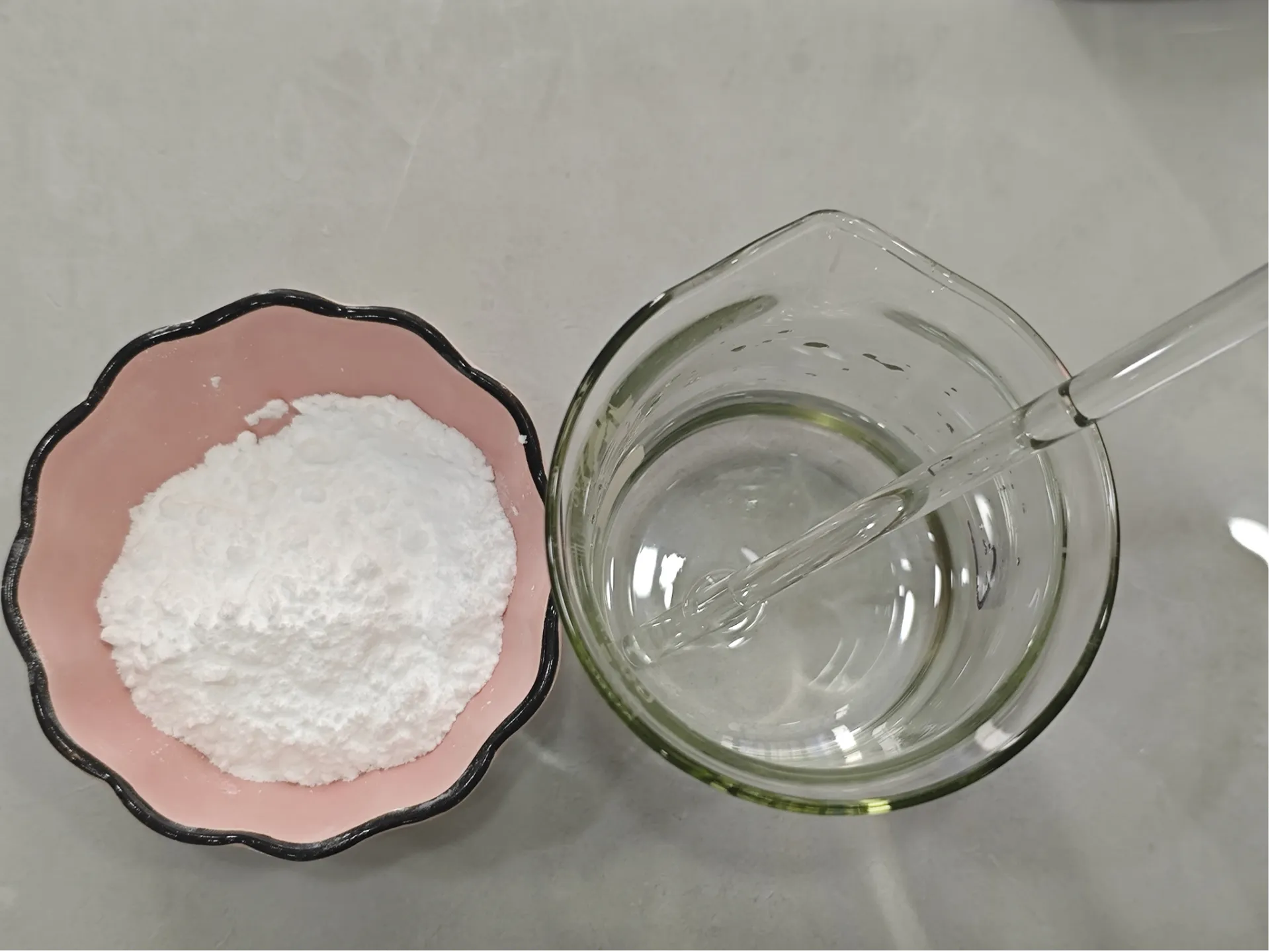
Key Factors To Consider When Selecting An Anti-Foaming Agent For Oil And Gas Applications
Foam is a common issue in the oil and gas industry, affecting everything from drilling operations to refining processes. Selecting the right anti-foaming agent can significantly improve system efficiency and reduce downtime. This article explores the key factors to consider when choosing an anti foaming agent, especially focusing on natural anti foaming agents and defoaming agents.

Understanding the Role of Natural Anti Foaming Agent in Oil and Gas
In the oil and gas sector, foam can disrupt equipment functionality and reduce productivity. Choosing a natural anti foaming agent offers an eco-friendly solution to foam control. Natural anti foaming agents work by breaking the surface tension of bubbles, thereby reducing foam without leaving harmful residues.
A natural defoaming agent not only helps maintain operational efficiency but also aligns with sustainability goals. For example, plant-based oils or waxes can be used as effective natural anti foaming agents in drilling fluids, making them an excellent choice for companies aiming to reduce their environmental footprint.
The Differences Between Antifoam and Defoamer in Oil Processing
When selecting a foam control solution, it’s essential to differentiate between antifoam and defoamer. Both products serve the purpose of reducing foam, but they work in different ways. Antifoaming agents are generally added before foam forms to prevent it, while defoaming agents are introduced after foam has already developed, breaking it down.
In oil processing, a combination of antifoam and defoamer is often used to maintain optimal fluid dynamics. The choice between these depends on the stage of the process and the type of foam being dealt with. Natural defoaming agents can be particularly useful in refining, where foam can obstruct the separation of oil and water.

How Defoaming Agents Improve Drilling Operations
Drilling operations in the oil industry can suffer from excessive foam, which impairs drilling fluid performance and equipment functionality. Defoaming agents are crucial in maintaining the flow of drilling fluids and preventing damage to machinery. These agents work by collapsing foam, allowing fluids to move more freely and reducing pressure on drilling equipment.
For companies focusing on sustainability, using natural defoaming agents in drilling fluids offers both operational and environmental benefits. Natural anti foaming agents, such as those derived from plant-based ingredients, provide effective foam control without introducing harmful chemicals into the environment.
Benefits of Using Natural Anti Foaming Agents in Refining Processes
Refining processes are particularly sensitive to foam-related issues. Foam can lead to inefficiencies in separating oil from water, reducing the overall quality of the refined product. Using a natural anti foaming agent in refining operations can improve process efficiency while also adhering to environmental regulations.
Unlike synthetic options, natural anti foaming agents break down more easily in the environment, minimizing long-term pollution risks. These agents work effectively in a wide range of temperatures, making them versatile for various refining stages. Additionally, their biodegradability makes them preferable for companies aiming to reduce their ecological footprint.

Key Considerations When Selecting Natural Defoaming Agent for Oil and Gas Applications
When selecting a natural defoaming agent for oil and gas applications, several factors need to be considered. These include the agent’s compatibility with drilling or refining fluids, its ability to operate under extreme temperatures, and its environmental impact. Natural anti foaming agents are often chosen for their lower environmental impact, but their performance in harsh conditions must also be evaluated.
Incorporating natural antifoaming agents into oil and gas processes not only improves system efficiency but also meets growing regulatory demands for eco-friendly operations. By selecting the right anti foaming agent, companies can reduce foam-related issues, extend equipment life, and lower their environmental impact.
Selecting the appropriate anti foaming agent is critical for enhancing efficiency in the oil and gas industry. Whether it’s preventing foam during drilling or breaking down foam in refining, both antifoam and defoamer agents play essential roles. Companies aiming for sustainable practices should consider natural anti foaming agents and natural defoaming agents to meet environmental standards without compromising performance.
-
Hydroxypropyl Starch as a Sustainable Construction AdditiveNewsNov.24,2025
-
The Gelation Properties of CMCNewsNov.21,2025
-
Redispersible Latex Powder and Water Retention CapacityNewsNov.21,2025
-
Dosage Control for Polycarboxylate Water ReducerNewsNov.21,2025
-
Film-Forming Properties of Polyvinyl AlcoholNewsNov.21,2025
-
The Function of Gypsum Additives in MortarNewsNov.21,2025





















